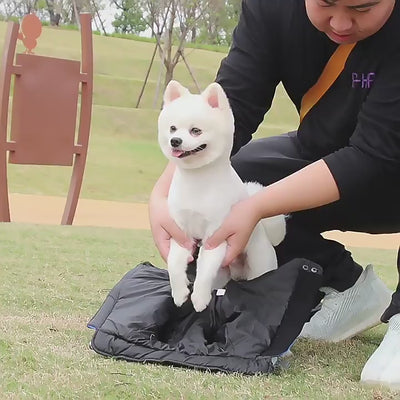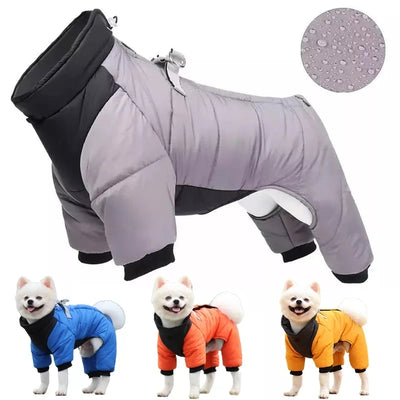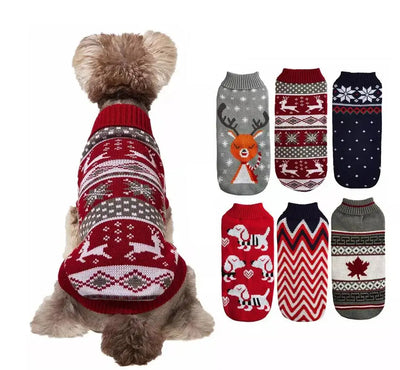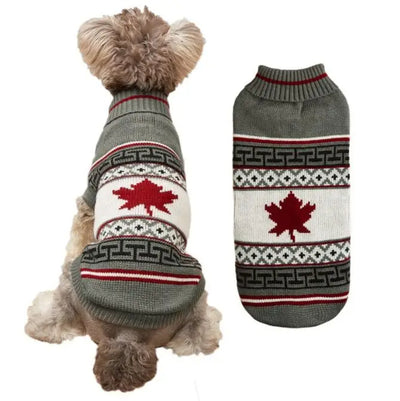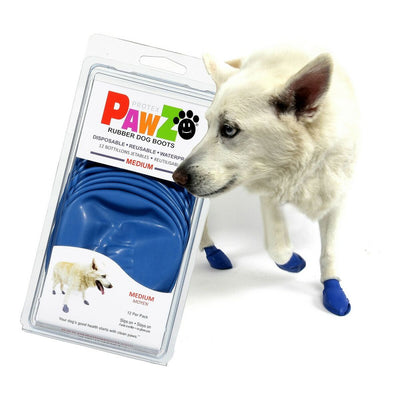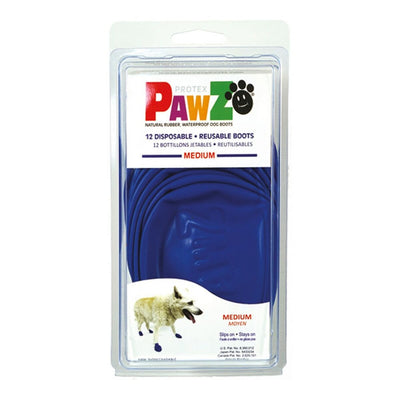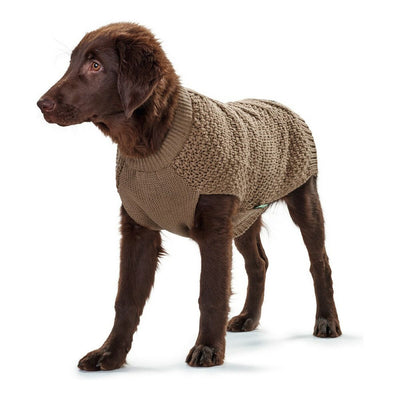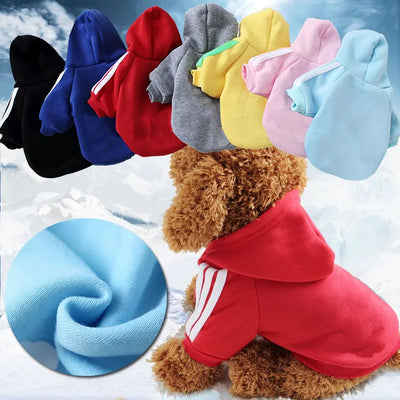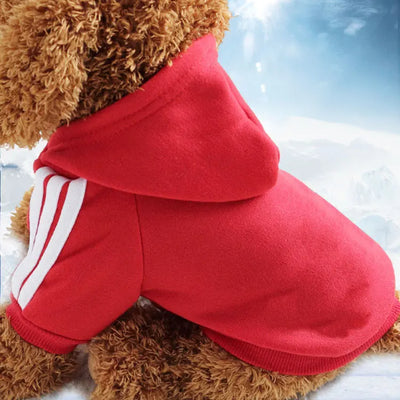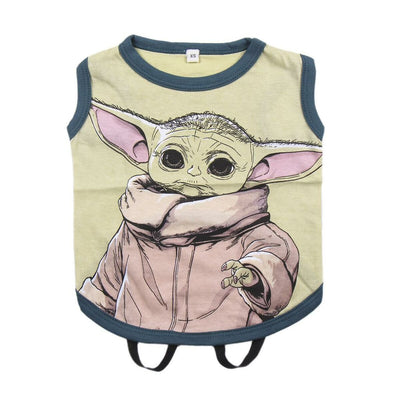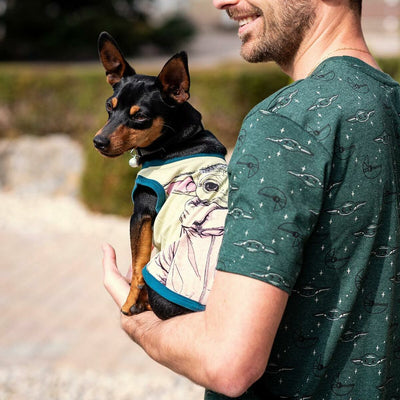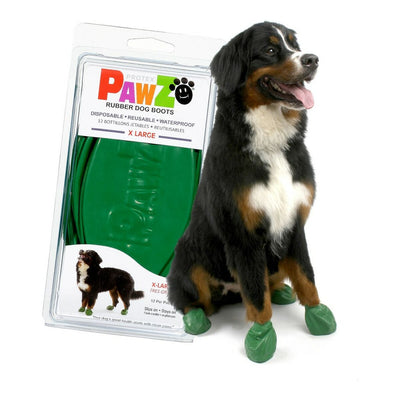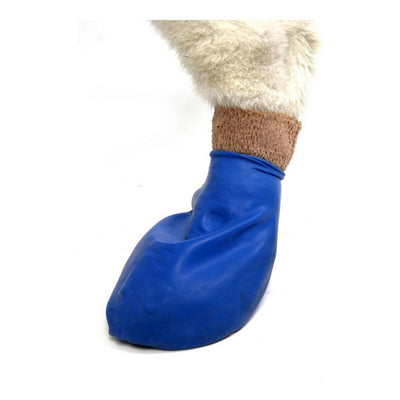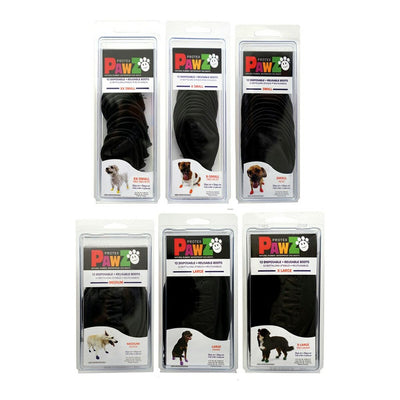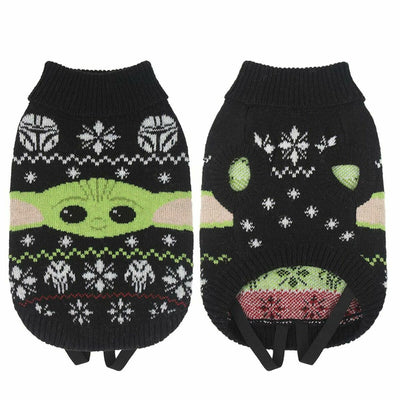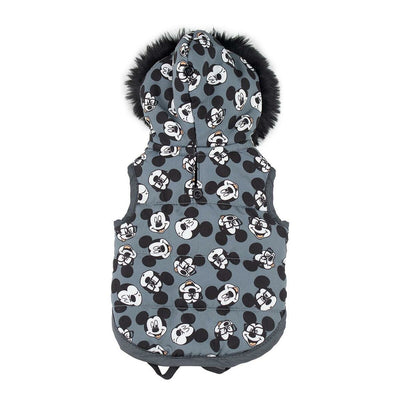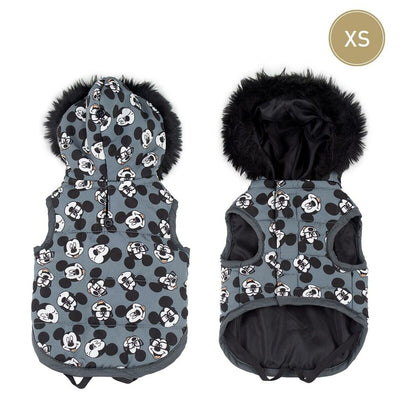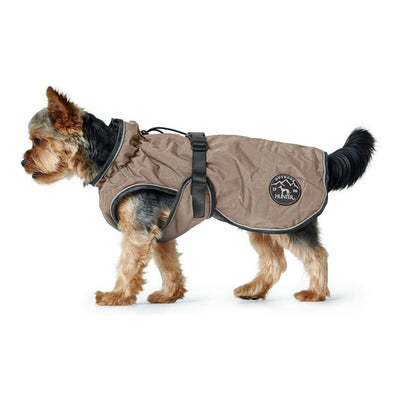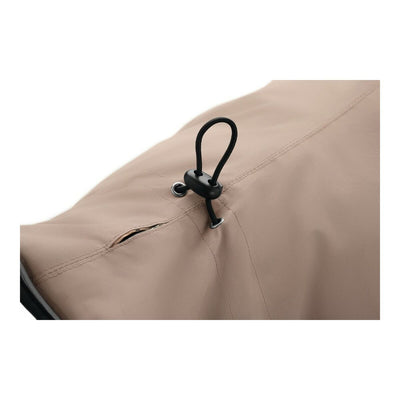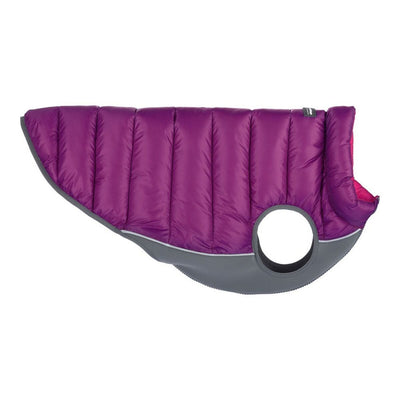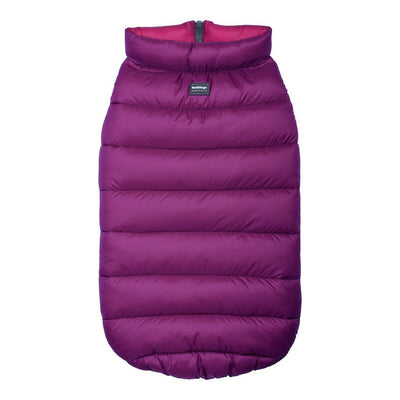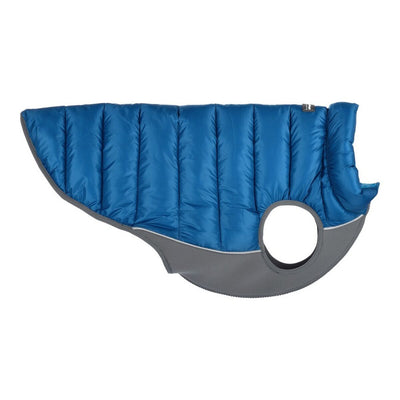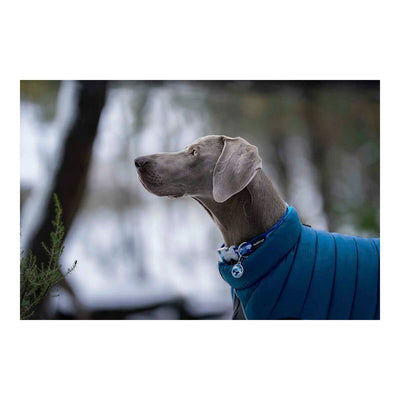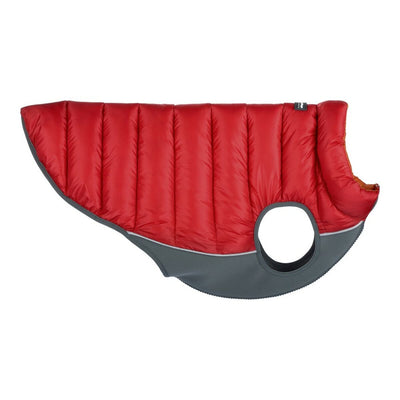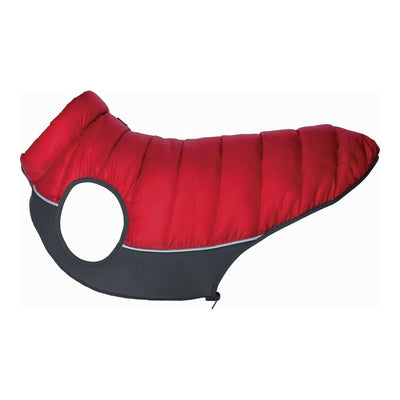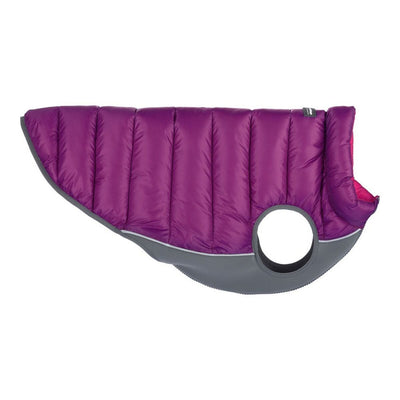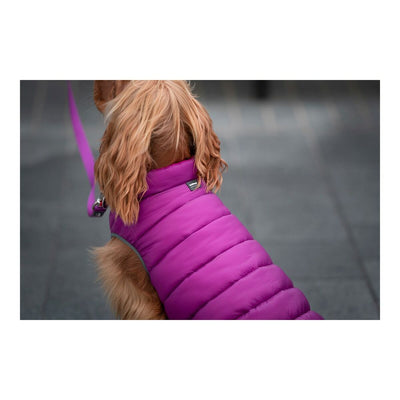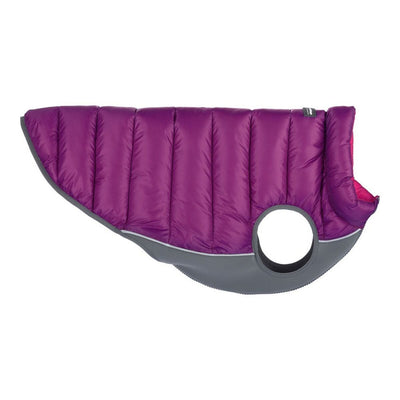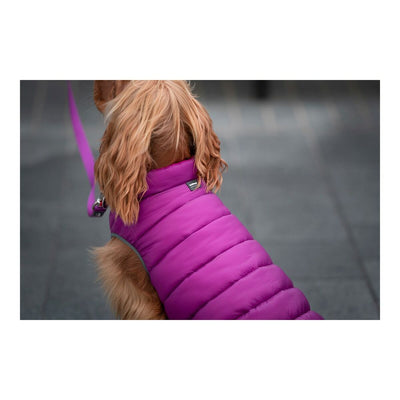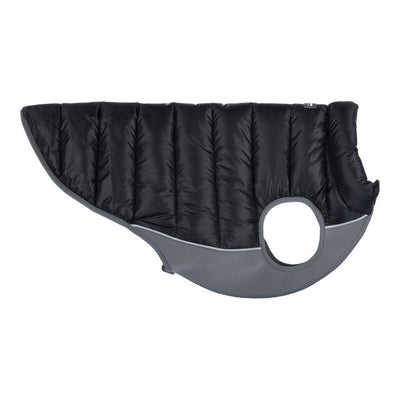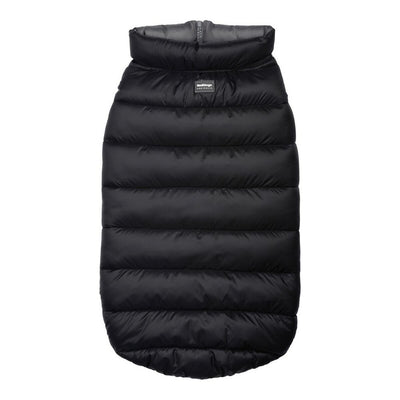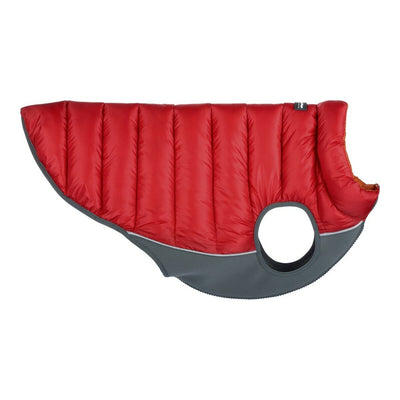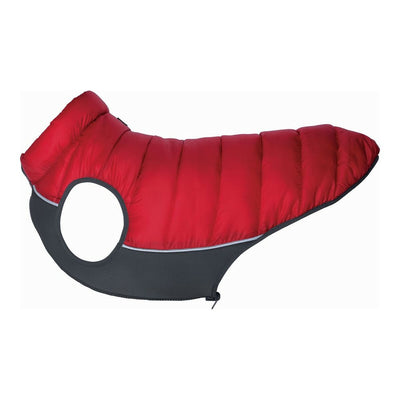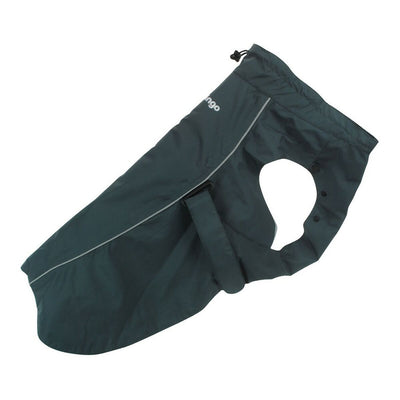
Clothing and accessories
Dog clothing for all weathers
“That’s cute,” you say. "It is necessary," we answer. Dog clothing warms and protects dogs in cold and muddy weather. To find the right clothing, you need to know your dog's size, breed characteristics and needs. In this article we will tell you how to choose the right dog clothes so that they are practical, fashionable and your dog feels comfortable in them.
What is dog clothing?
Just like human clothing, dog clothing comes in different styles, materials, and uses. Of course there are suits, T-shirts, dresses and shirts. They are popular at any time of the year and the main criterion when choosing is the quality of tailoring and fabrics. So let’s dive into the world of dog fashion.
dungarees
It covers the upper and lower body and often leaves the tail and head exposed. It is made of durable materials: denim, canvas, polyester, cotton. It can be semi-seasonal or isolated or worn in summer to create a cute look.
T-shirts
In the form of a sweater, they cover the upper body. They are usually made of soft materials: cotton, linen, polyester. There are also ones made of elastane and even knitted ones. T-shirts protect against sun and wind and are often decorated with drawings, slogans and patterns.
Windbreakers
Lightweight jackets protect against wind and drizzle. They are usually made from synthetic materials that repel water. Sometimes with a hood. Often closed with a zipper or Velcro. Useful for spring and autumn hikes.
Protective vests
Sleeveless clothing that covers the dog's upper body. They can be warm - with a soft lining (often made of fleece) or protective - with reflective elements for visibility in the dark. There are also inflatable vests for swimming.
Dog accessories
- Hats and caps: They are intended to protect your dog's head from the sun or are a fashion accessory. They often have holes for ears and a strap to secure them.
- Scarves: tied around the neck to suit the style. In summer, they can be dipped in cold water to cool down the dog.
- Bows, butterflies: Decorative elements are attached to the collar and create a festive mood.
- Boots: They protect paws from hot asphalt, cold snow or slime. They are made of different materials and are attached with Velcro or an elastic fastener.
- Sunglasses: Protect your dog's eyes from UV rays and dirt, especially when riding a motorcycle or boat. Specially designed for the dog's face shape.
How to choose clothes for your dog
Whether you want to keep your pet warm, protect them from the weather, or dress them for a photo shoot, you need to choose the right clothing.
- To protect against cold weather
Choose wool, fleece or quilted nylon/polyester. They retain heat. For breeds with short or thin fur, choose overalls or sweaters that cover the body. Clothing should be snug but not restrictive.
- To protect against rain and wet weather
Prefer nylon, bologna and polyester with a waterproof finish. Some dogs don't like raincoats or hoodies because they cover their heads, but you have to be patient in the slush. Make sure that the abdominal area is protected from splashes of water. If the clothing has reflective stripes, that's great. They mark the tail in cloudy weather. Passersby can see them from afar and it is harder to lose sight of your dog.
- For sun protection
Choose light, breathable fabrics like linen or cotton. The best choice is dog t-shirts. Light colors reflect sunlight, so it is not so hot in such clothing.
- For medical purposes and during the recovery period
Typically, a breathable material (e.g. soft cotton or cotton-based materials) is the first choice. Dog suits or shirts are intended to protect wounds after surgery or burns. They can be an alternative to the traditional plastic cone. Make sure that the model you choose fits your dog's body well and that it cannot easily wriggle out or get into places that your pet should not lick or scratch.
- For swimming or water activities
Life jackets should have a handle on the top so you can easily lift or guide your dog into the water. They should fit closely to the animal's body, but not restrict freedom of movement.
If the animal feels uncomfortable, anxious or irritable, it is better to reconsider the outfit or abandon it altogether.
How to choose the right size for your dog
First, you need to measure your dog to determine the size. You will need a soft tape measure, a notebook with a pen, and treats to encourage your animal.
- First, measure the length of the body - from the neck to the base of the tail.
- Then measure the neck circumference where the collar is located. Two fingers should fit under the tape measure.
- Now measure the largest part of the dog's chest (just behind the front legs).
- It's time to determine the length of the paw (if necessary): from the place where the paw connects to the body to the ankle or to the place where the clothing should end.
Dog clothing manufacturers offer their own size charts. You should always compare your pet's size with a specific brand's chart as the information may vary. If in doubt, it is better to choose a larger size.
Which materials are best for dog clothing?
When choosing clothing for your dog, pay attention to the materials. They should be comfortable and not cause any harm.
In the table you will find suitable fabrics for dog clothing and their advantages:
|
Cotton |
It is breathable, soft, hypoallergenic and absorbent. Ideal for everyday use, especially in warm weather. |
|
fleece |
It is warm, light and soft. Ideal for hiking on winter days as it offers excellent thermal insulation. |
|
nylon |
The material is waterproof and durable. It is commonly used for raincoats, hoodies and vests for dogs. |
|
polyester |
It is durable and moisture-wicking. Tailors combine it with other fabrics to make dog clothing more robust. It is also commonly used for waterproof clothing. |
|
Neoprene |
The material is waterproof and offers good thermal insulation. Often used in dog life jackets. |
|
Wool |
This is a natural material known for its heat retaining properties. Very suitable for keeping animals warm in the cold season. |
Breathable fabrics have the advantage of helping to regulate the animal's body temperature and prevent overheating. They also effectively wick moisture away from the skin, keeping it dry and comfortable. Because the skin can breathe, these substances reduce the risk of fungi and bacteria that can lead to skin infections.
It is obvious that properly selected clothing protects a dog from adverse weather conditions and disruptive environmental influences and can even have a therapeutic effect. As pet owners, we need to understand the specific needs of our dogs, whether they are a small Chihuahua or a powerful Mastiff. Always prioritize your pet's comfort, health and safety over style. And remember that despite the fashion, you need to monitor your pet's reaction and make sure he feels comfortable in the new outfit.


